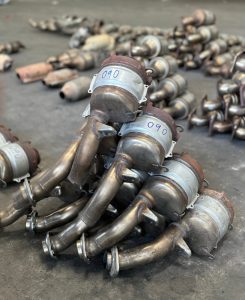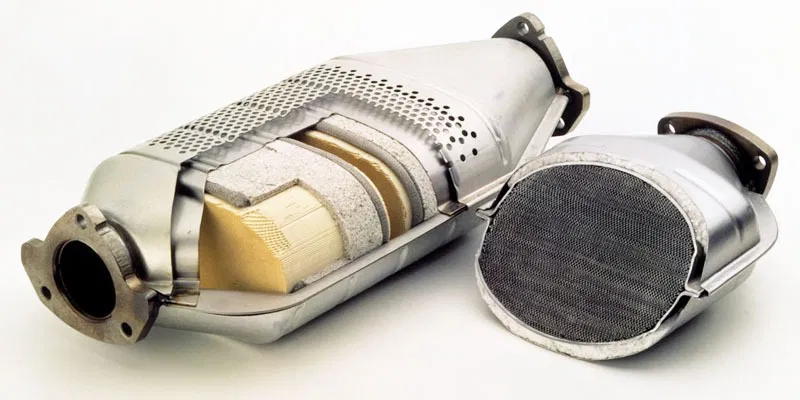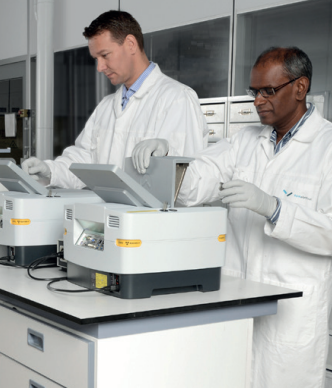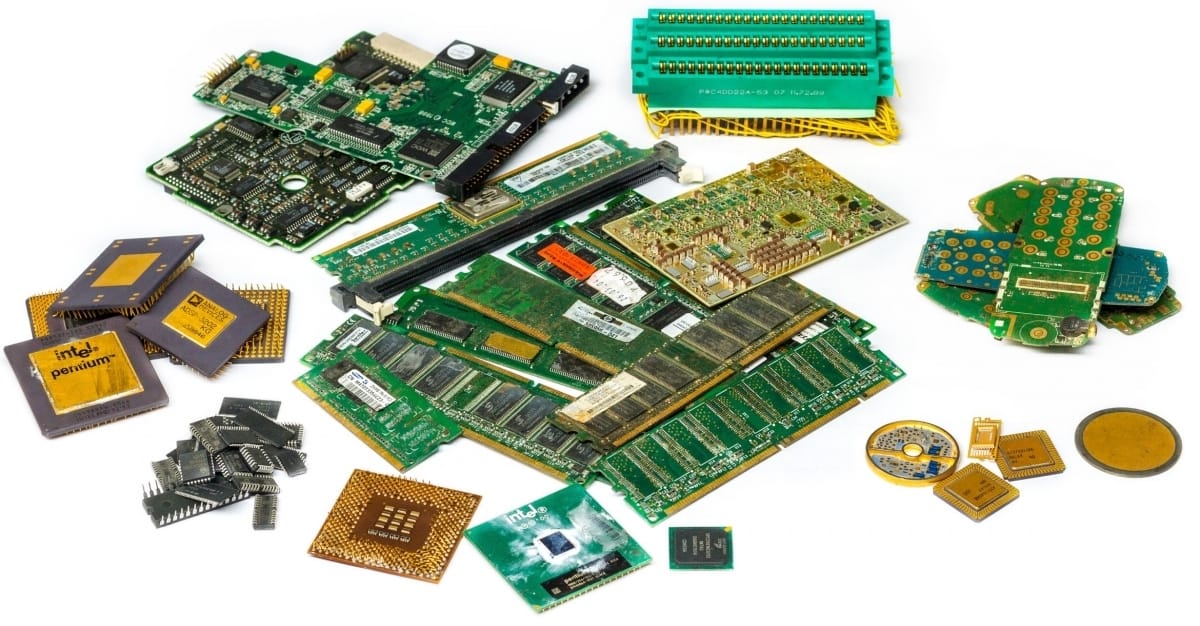Introduction: Catalytic converters contain precious metals that have substantial value, making their recycling not only environmentally beneficial but also financially rewarding. Whether you’re an automotive enthusiast, a scrapyard owner, or simply someone interested in sustainable practices, this blog post will provide you with valuable tips and insights on how to maximize the value of catalytic converter recycling.

- Understand the Factors Affecting Catalytic Converter Value: Several factors influence the value of a catalytic converter: a. Precious Metal Content: Different converters contain varying amounts of platinum, palladium, and rhodium. The higher the concentration of these metals, the more valuable the converter. b. Converter Type: Different vehicle models use various types of converters, such as two-way, three-way, or diesel converters. Each type has a different composition and value. c. Current Market Prices: Precious metal prices fluctuate based on market demand and supply, so staying updated with current market prices is crucial.
- Knowledge and Education: To maximize the value of catalytic converter recycling, it’s important to educate yourself and stay informed about the industry. Consider the following: a. Research Converter Types: Learn about the different types of catalytic converters and their compositions to understand their respective values better. b. Follow Market Trends: Stay up to date with market trends and changes in precious metal prices. This knowledge will help you make informed decisions regarding when to sell or recycle your converters. c. Networking: Connect with industry professionals, attend conferences, and join online communities to gain insights and learn from experienced recyclers.
- Proper Converter Handling and Storage: Proper handling and storage of catalytic converters can help maintain their value: a. Prevent Damage: Handle converters with care to avoid damaging the precious metal substrate inside. Even minor damage can significantly reduce their value. b. Avoid Contamination: Store converters in a clean and dry environment to prevent contamination by dirt, oil, or moisture. Contaminated converters may receive a lower valuation or be rejected altogether.
- Choose the Right Recycling Partner: Finding a reputable and trustworthy catalytic converter recycler is crucial for maximizing value: a. Research Recycling Companies: Look for companies with a good reputation, proper certifications, and a transparent recycling process. b. Get Multiple Quotes: Reach out to different recyclers and compare their offers. Don’t settle for the first quote you receive. Consider factors such as pricing, payment terms, and customer reviews. c. Transparent Assaying Process: Select a recycling company that employs a transparent and accurate assaying process to determine the value of your converters. This ensures fair compensation for the precious metals recovered.
- Quantity Matters: When it comes to catalytic converter recycling, quantity can impact the value: a. Bulk Collection: Consider collecting converters in larger quantities before selling or recycling them. Recyclers often offer better prices for larger volumes. b. Collaborate with Others: Form partnerships or collaborate with local mechanics, scrapyards, or automotive businesses to accumulate a larger quantity of converters. Pooling resources can lead to better prices and improved negotiation power.
Conclusion: Catalytic converter recycling offers both environmental and financial benefits. By understanding the factors influencing converter value, staying informed about market trends, handling and storing converters properly, choosing a reputable recycling partner, and maximizing the quantity of converters collected, you can ensure that you extract the maximum value from your recycling efforts. Embrace these tips and insights to contribute to a sustainable future while making the most of catalytic converter recycling.
For further assistance, you can contact us or visit our facility in Dubai, United Arab Emirates.
Related Blog
The Precious Metals Market: Palladium, Rhodium,…
Navigating the Precious Metals Market: Insights into Palladium, Rhodium, and Platinum Precious metals have long been a cornerstone of […]
How Stonecore Captures XRF Results for…
How Stonecore Captures XRF Results for Automotive Catalysts At Stonecore, we’re committed to using cutting-edge technology to analyze your automotive […]
Don’t Trash It: A Guide to…
Don’t Trash It, Repurpose It: A Guide to E-Scrap Recycling in United Arab Emirates We live in a world obsessed […]




